Empowering vulnerable genocide widows
The project successfully empowered 559 vulnerable genocide widows and 1,204 (489 males and 715 females) of their dependents in the Karongi and Rutsiro districts of Rwanda’s western province, improving their livelihoods, psychological resilience, food security and access to sustainable energy. 120 beneficiaries (22 males and 98 females) received small loans form Uwergo Bank and were able to start a small business to generate income and better support their families. The loans amounted to $15,071, and will be repaid, previous repayment rates were of 100%. The women were empowered to take greater control of their lives thanks to counselling support. Group and individual counselling therapy was conducted, with 225 beneficiaries benefitting from individual counselling. The most vulnerable women from the groups, mostly elderly widows and people affected by HIV, were trained in subsistence gardening and provided with tools and seeds for kitchen gardens, and provided with solar lamps and clean cook stoves, improving their food security and giving them access to sustainable energy.
The Survivors Fund (SURF) is a British charity founded in 1997. It aims to help genocide survivors and their families rebuild their lives. For this project, SURF will be working with the local organisation: AVEGA Gahozo, the National association of widows of the genocide.
News
Four new projects approved in June 2021
6 July 2021
The Addax and Oryx Foundation granted funding for four new projects at its June Board meeting.Empowering genocide widows
2 September 2022
One year into the 18-month project, aiming to improve livelihoods, psychological resilience, food security an access to sustainable energy for 400 vulnerable genocide widows the Karongi and Rutsiro districts of Rwanda’s western province, over 522 beneficiaries have been reached.
Testimonials
The journey of Beatrice
Beatrice is a 56-year-old genocide widow from Rutsiro District in the Western Province. She received comprehensive training and skills development, which included entrepreneurship training as part of the projet led by SURF. This training equipped her with the knowledge and expertise needed to run a successful business.Supporting genocide widows
Victorine Mukabadende is a 66 year-old genocide widow who participated in the 18-month project aiming to improve her livelihood, psychological resilience and food security.Empowering Vulnerable Genocide widows
Yamfashije Pauline is one of the “Empowering Vulnerable Genocide widows in Karongi and Rutsiro Districts to Alleviate Extreme Poverty” (EVKREP) program beneficiaries who has benefited from joining the project.Supporting genocide widows
Therese Uzamukunda is a 58-year-old genocide widow who participated in the 18-month project aiming to improve her livelihood, psychological resilience and food security.Empowering genocide widows
Discover the story of Victorine Mukabadenge, a 67 years old genocide survivor who living the Gihago Sector of Rutsiro district.Empowering genocide widows
Discover the story of Donatah Uwamariya, a 56 years old widow from Bwishyura Sector of Karongi District.Type
Education / Health / Community DevelopmentDuration
July 2021 - December 2022Location
Karongi and Rutsiro Districts / RwandaWith whom
SURF (Survivors Fund)
Website
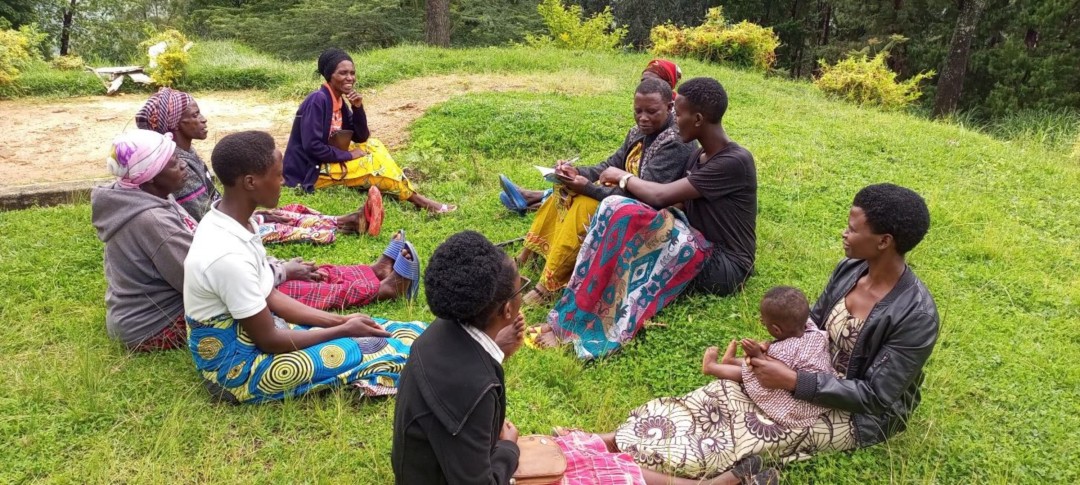
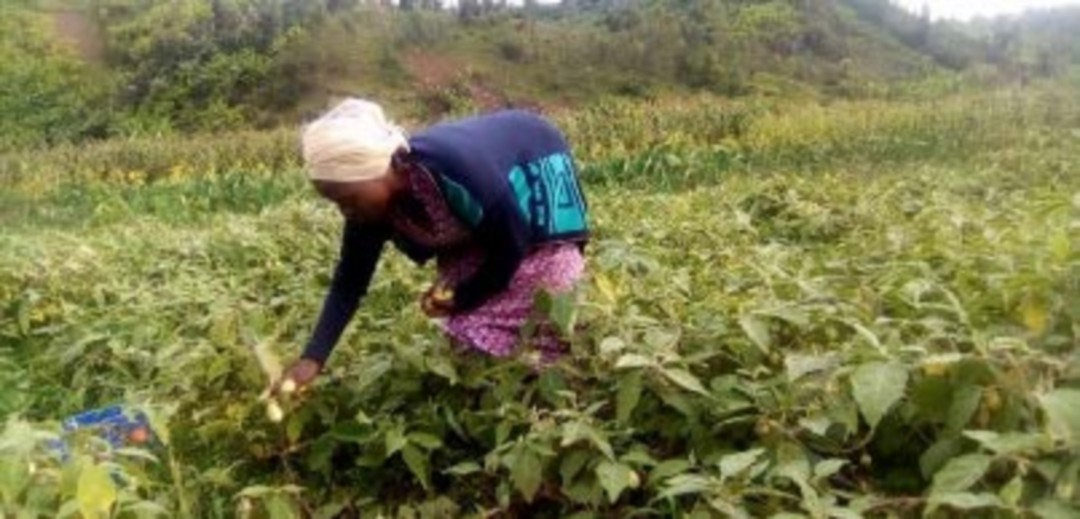
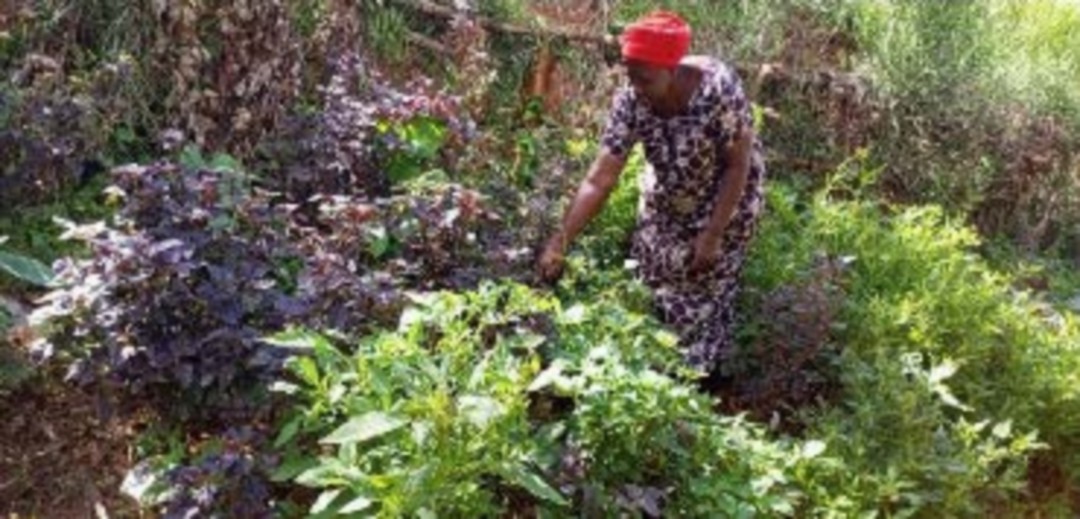
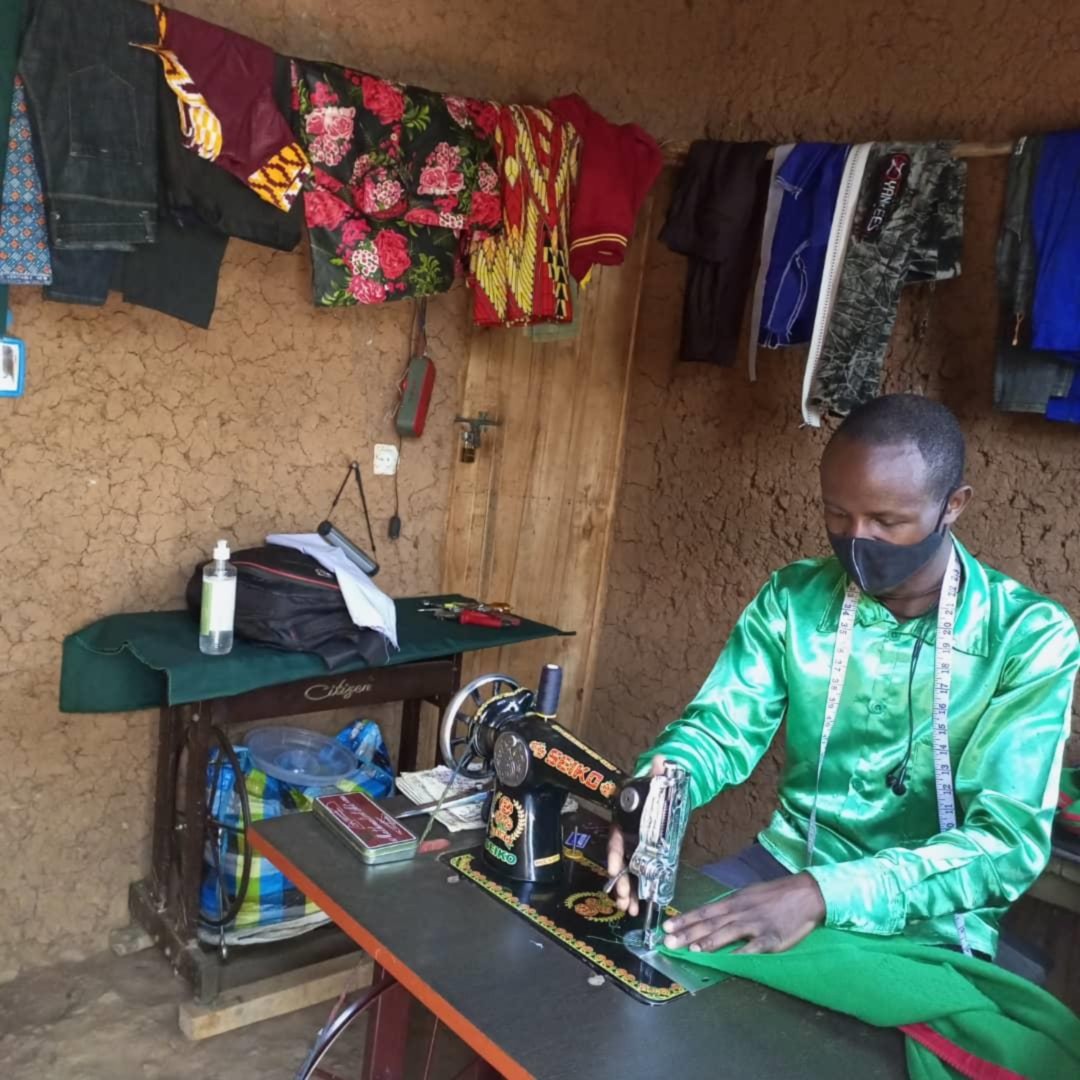
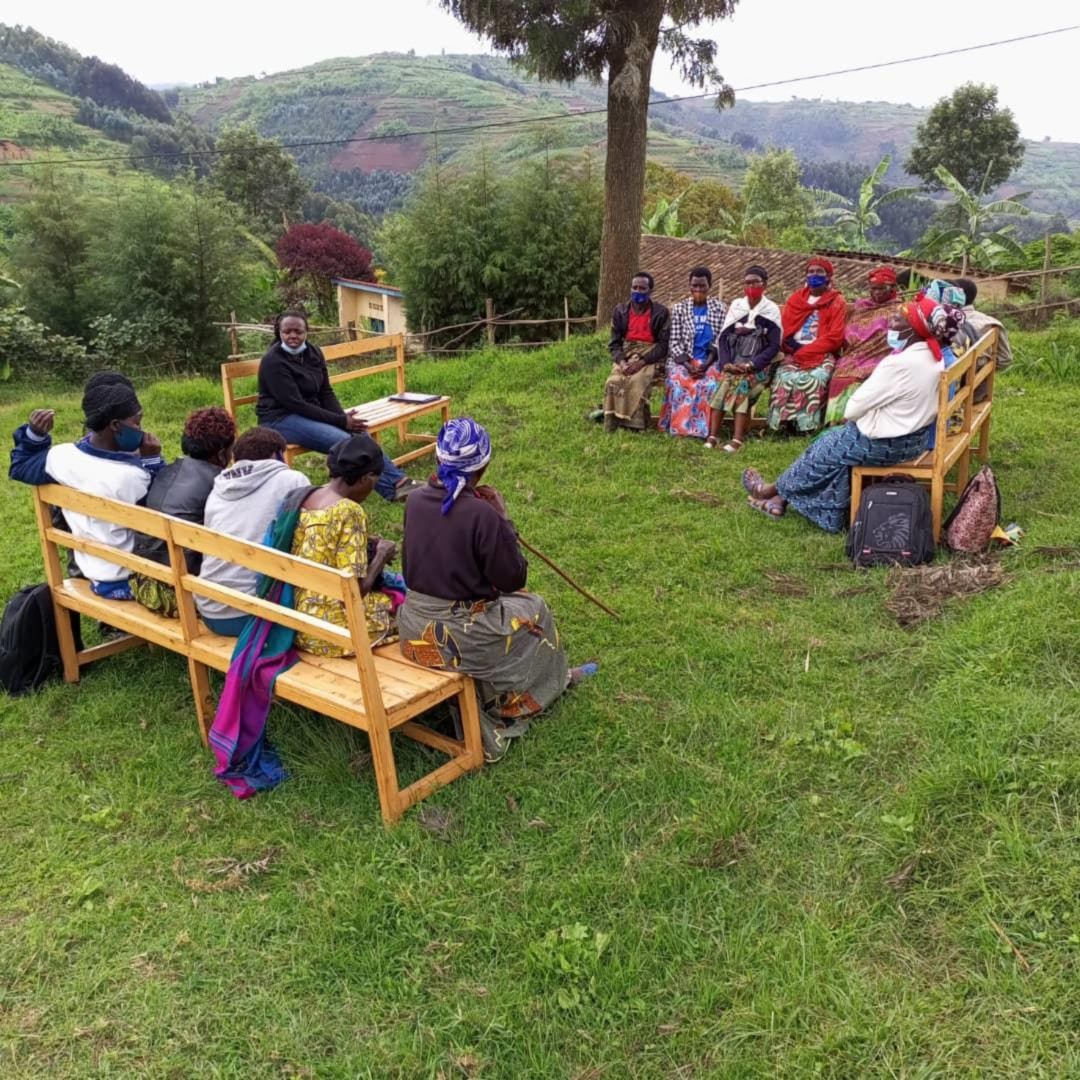
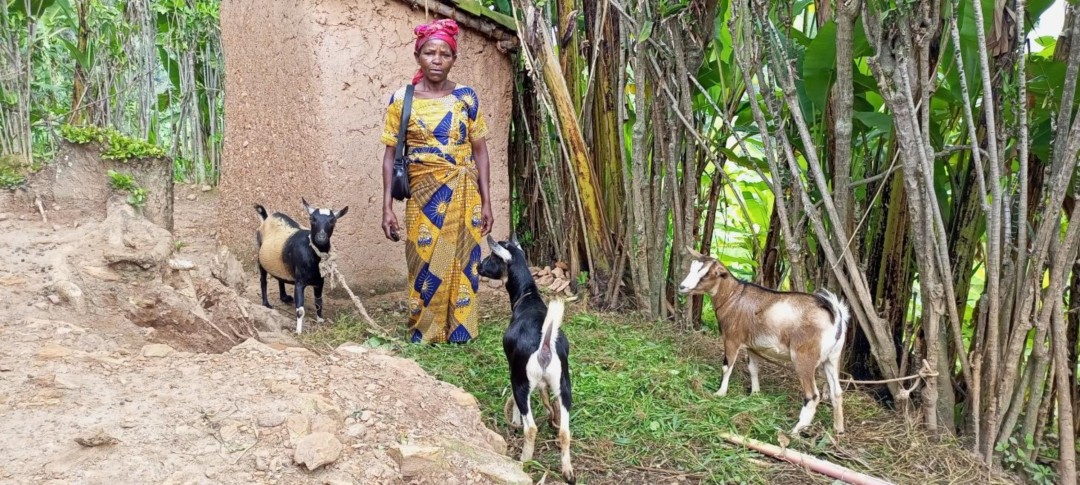
See also
Rwanda
Population
12.2 million (2017)
Per Capita Income
USD 720/year (2017)
Poverty rate *
39% ( 2014)
Literacy rate
68%(2016)
Human Development Index
158th out of 189 countries (2018)
Rwanda has achieved impressive development progress, since the 1994 genocide and civil war. The percentage of people living under the poverty line has dropped from 57% in 2006 to reach 39% in 2014. There has been a two thirds drop in child mortality and near-universal primary school enrolment has been achieved. However, the HIV/AIDS epidemic still dominates Rwanda’s health profile, despite a decline in prevalence of diseases such as tetanus and malaria. Although rates of chronic malnutrition among children under five have improved and are down from 43% in 2012 to 37%, they remain high. Households headed by women or orphans make up 36% of the population.
Sources: World Food Program, UNICEF, World Bank, 2016 Human Development Report, Human Development Indices and Indicators (2018 Statistical Update)
*The percentage of the population living below the national poverty line.